
Further funding to foster engaged research
We are pleased to announce there will be a new round of funding available for public engagement with research activity early in the new year. BU’s Engaged Research Seed Fund aims to continue our ambition to embed an engaged research approach across the university in order to improve the quality of our research and help us respond to societal needs.
BU Engaged Research Seed Fund: what next?
We will be sharing guidance for applicants and information on how to apply early in January. As before, the fund will operate on a rolling basis and provide small, individual awards up to £500 to kickstart or develop engagement. It could be used, for example, to carry out a pilot activity to build networks in preparation for a funding bid or to develop an engagement activity for a new community.
Applicants will need to describe how the seed funding will lead to further engagement and how that engagement will be used to enhance external bidding or accelerate the translation of research into impact.
Success stories from the pilot scheme
Between February and May 2024, we received 13 applications and funded 7 projects, totalling £3,131.
Engagement activities included: a collaborative workshop on psychosocial research and Shakespeare’s Pericles at the Young Actors Theatre, London; a hybrid pilot public lecture/debate on law and ethics entitled ‘Your rights to the right diagnosis in Dorset’; involvement in a community-run ‘Live Well with Pain Café’ session to gain lived experience perspectives; and a school-based event run in conjunction with Southwest Police Regional Cyber Crime Unit Prevent team.
Feedback from award holders:
“This funding truly enabled a pilot project that allowed us to explore a topic, try out some ideas, connect with partners and the public, and collaborate on a new research project”
“The Seed Fund was invaluable in realising [our] project… This proves that even small amounts of funding – like £500 – can make a huge difference in facilitating projects when the right conditions are there”
What is public engagement with research?
UKRI defines public engagement as ‘any activity that seeks to break down the barriers between research, innovation and society’, while Wellcome describes engaged research as ’embedding stakeholder perspectives across the research lifecycle – from agenda-setting, funding and research design through to implementation, monitoring and evaluation’.
“We know that when wider society is involved, research and innovation become more relevant and useful for everyone. For these reasons, a key priority for everyone working in research and innovation must be to forge deeper connections with wider society” UKRI Public Engagement Strategy
Public engagement with research encompasses a range of activity, with co-production at one end of the spectrum and public lectures at the other. To aid understanding of the many activities that public engagement encompasses, Wellcome have even created The Public Engagement ‘Onion’:

If you are interested in applying for the seed fund, you may want to look at the National Coordinating Centre for Public Engagement’s website for a wealth of free resources and advice on designing, delivering and evaluating public engagement.
For informal enquiries about the funding, please email Impact Manager Amanda Edwards.
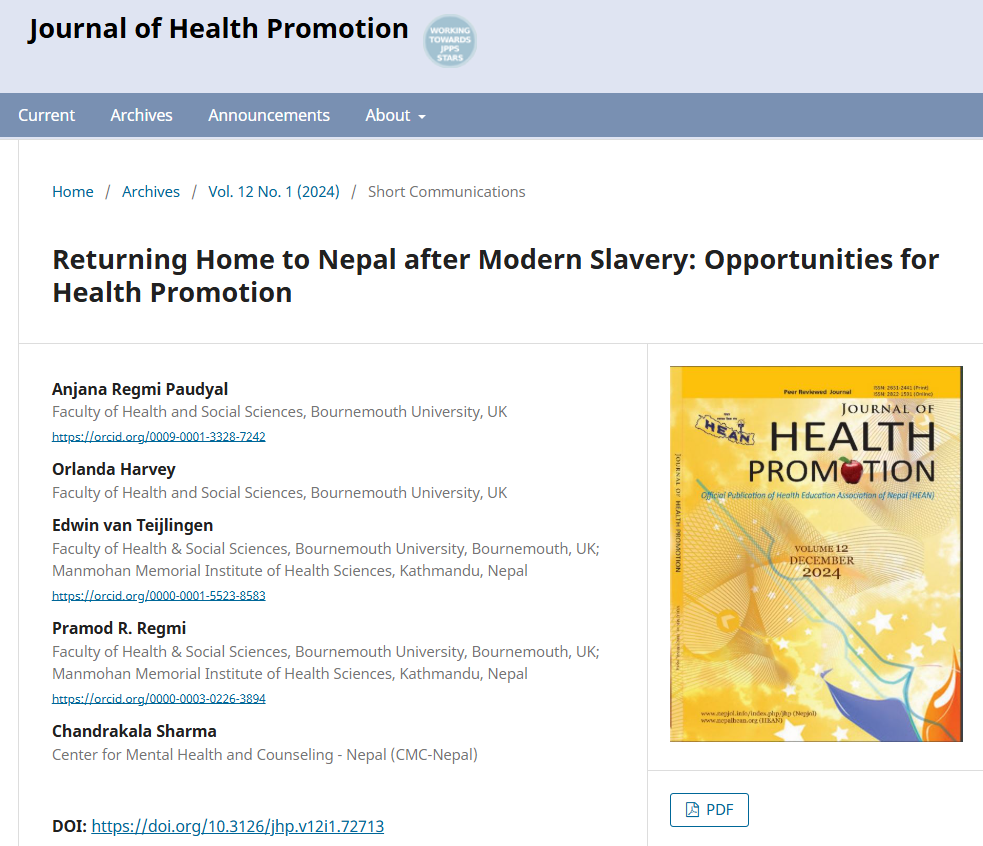 Congratulations to Anjana Paudyal, PhD student in the Faculty of Health & Social Sciences (FHSS), on the first publication from her PhD work. Anjana’s PhD research focuses on human trafficking in Nepal. Human trafficking is a form of modern slavery and it is a common crime aggravated by poverty, political instability, illiteracy, unemployment, as well as climate change. Despite being a global problem, modern slavery is understudied and poorly understood. Victims of modern slavery are exploited and can experience significant physical, psychological, or sexual, and reproductive health problems. Until recently, there has been little research, especially in low-income countries such as Nepal, around the need and opportunities for health promotion and education in this vulnerable group.
Congratulations to Anjana Paudyal, PhD student in the Faculty of Health & Social Sciences (FHSS), on the first publication from her PhD work. Anjana’s PhD research focuses on human trafficking in Nepal. Human trafficking is a form of modern slavery and it is a common crime aggravated by poverty, political instability, illiteracy, unemployment, as well as climate change. Despite being a global problem, modern slavery is understudied and poorly understood. Victims of modern slavery are exploited and can experience significant physical, psychological, or sexual, and reproductive health problems. Until recently, there has been little research, especially in low-income countries such as Nepal, around the need and opportunities for health promotion and education in this vulnerable group.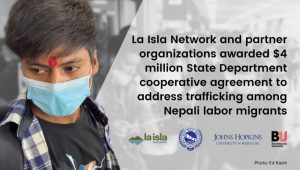

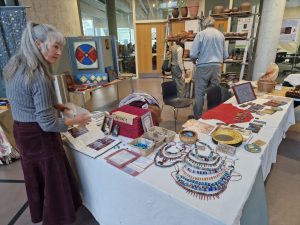 Last week we saw over 220 archaeologists from all over the world gather on Talbot Campus for the 45th annual meeting of the
Last week we saw over 220 archaeologists from all over the world gather on Talbot Campus for the 45th annual meeting of the 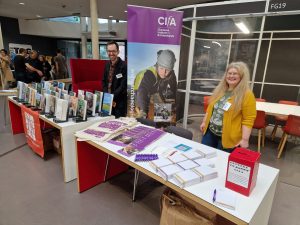 BU continued the recent TAG tradition of awarding prizes. This year’s TAG Prize for outstanding theoretical contribution was awarded to
BU continued the recent TAG tradition of awarding prizes. This year’s TAG Prize for outstanding theoretical contribution was awarded to 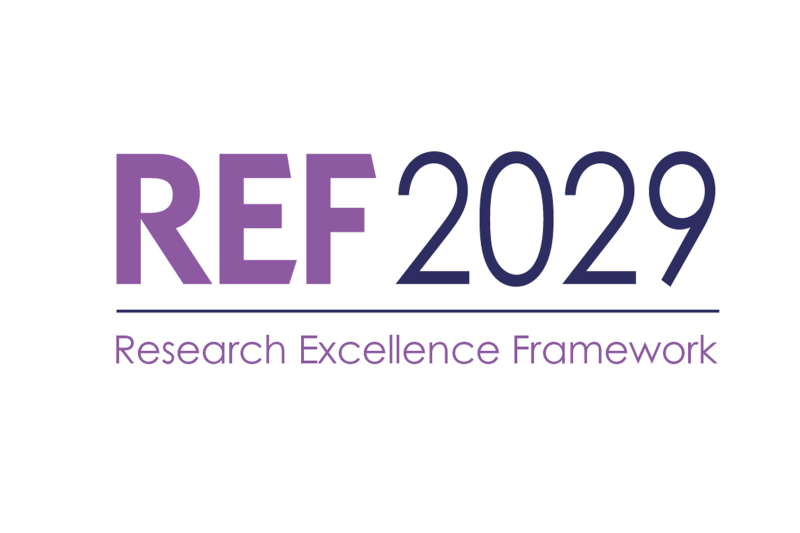
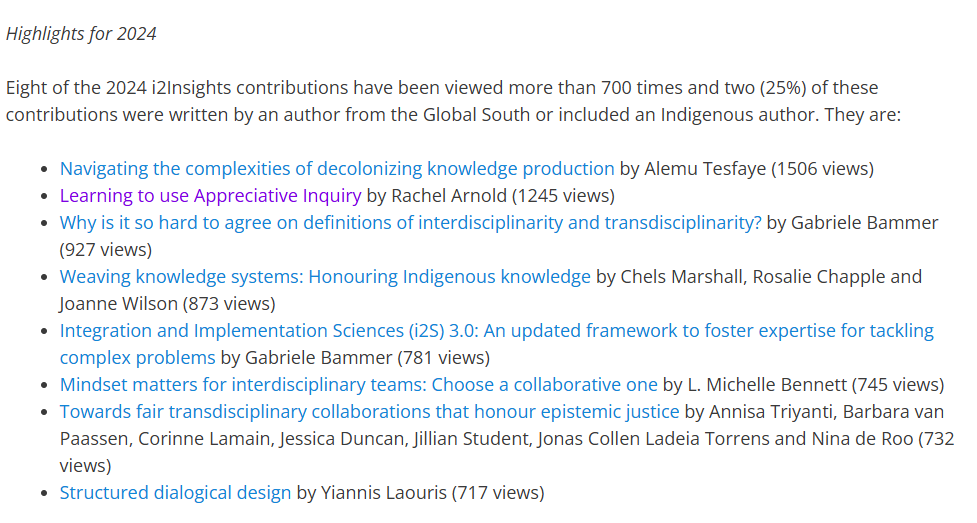

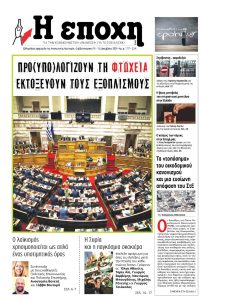 In the interview, the researchers explained that there is no single definition of populism. However, there is general consensus that populism comprises a view of politics as a fundamental antagonism between ‘the people’ and ‘the elites’, favouring the interests of the people.
In the interview, the researchers explained that there is no single definition of populism. However, there is general consensus that populism comprises a view of politics as a fundamental antagonism between ‘the people’ and ‘the elites’, favouring the interests of the people.
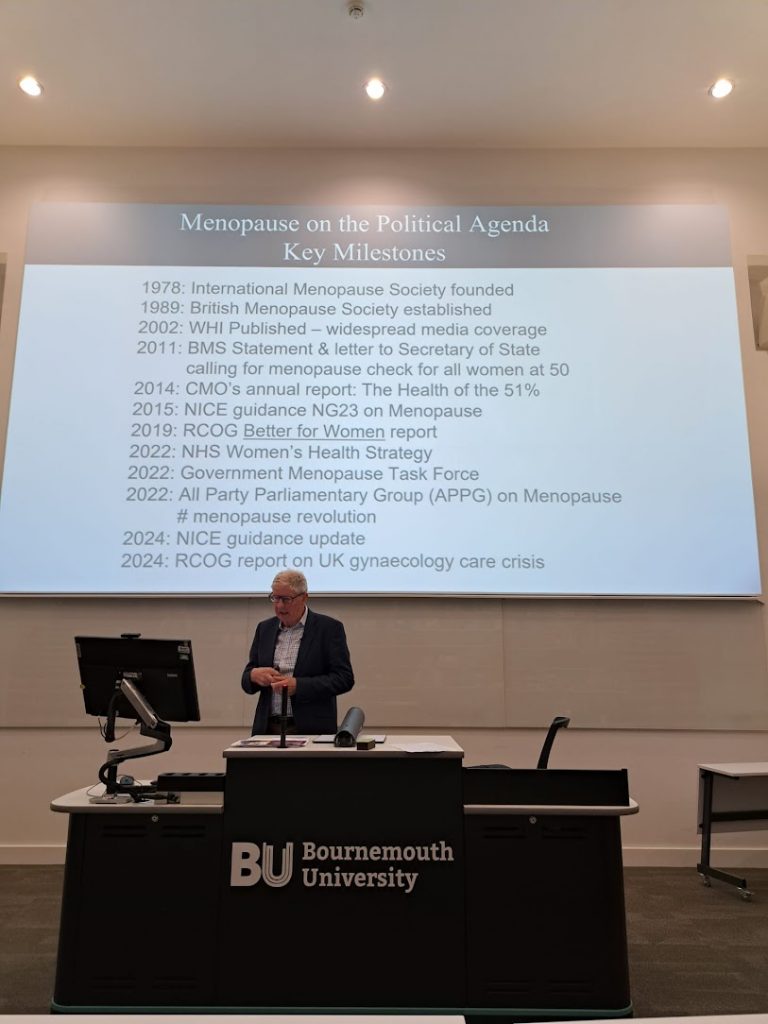


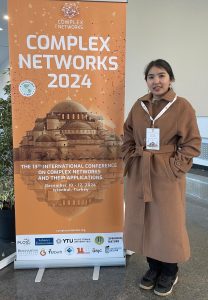
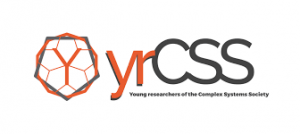
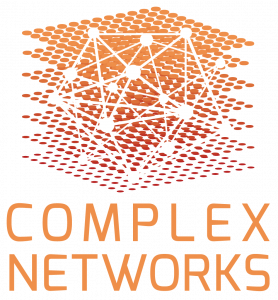
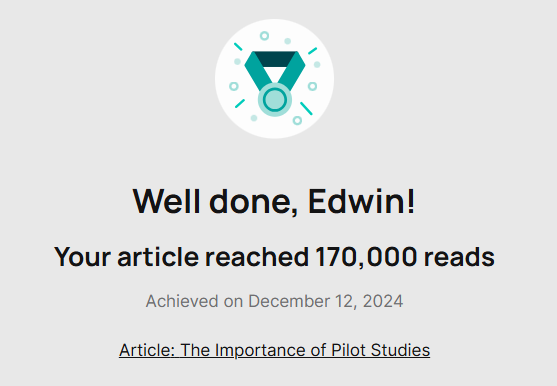
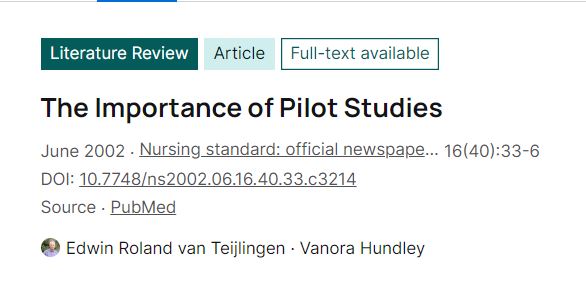
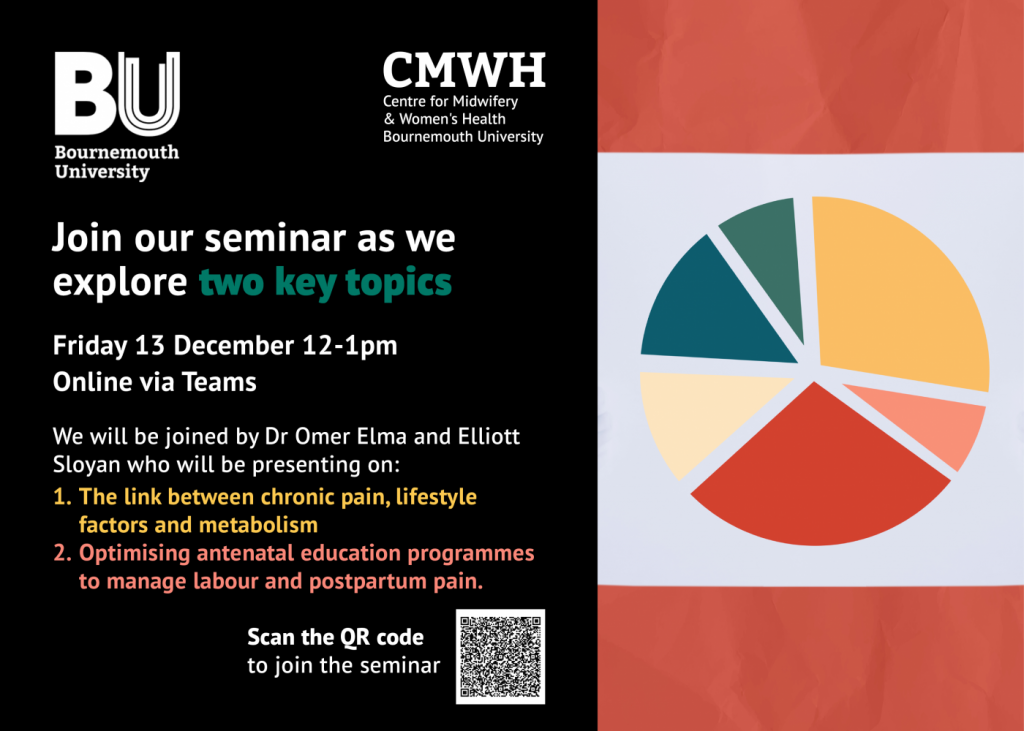



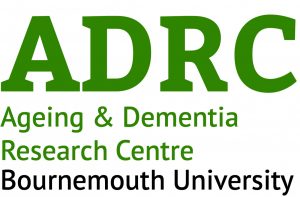












 Nursing Research REF Impact in Nepal
Nursing Research REF Impact in Nepal Fourth INRC Symposium: From Clinical Applications to Neuro-Inspired Computation
Fourth INRC Symposium: From Clinical Applications to Neuro-Inspired Computation ESRC Festival of Social Science 2025 – Reflecting back and looking ahead to 2026
ESRC Festival of Social Science 2025 – Reflecting back and looking ahead to 2026 3C Event: Research Culture, Community & Cookies – Tuesday 13 January 10-11am
3C Event: Research Culture, Community & Cookies – Tuesday 13 January 10-11am Dr. Chloe Casey on Sky News
Dr. Chloe Casey on Sky News ECR Funding Open Call: Research Culture & Community Grant – Application Deadline Friday 12 December
ECR Funding Open Call: Research Culture & Community Grant – Application Deadline Friday 12 December MSCA Postdoctoral Fellowships 2025 Call
MSCA Postdoctoral Fellowships 2025 Call ERC Advanced Grant 2025 Webinar
ERC Advanced Grant 2025 Webinar Horizon Europe Work Programme 2025 Published
Horizon Europe Work Programme 2025 Published Update on UKRO services
Update on UKRO services European research project exploring use of ‘virtual twins’ to better manage metabolic associated fatty liver disease
European research project exploring use of ‘virtual twins’ to better manage metabolic associated fatty liver disease